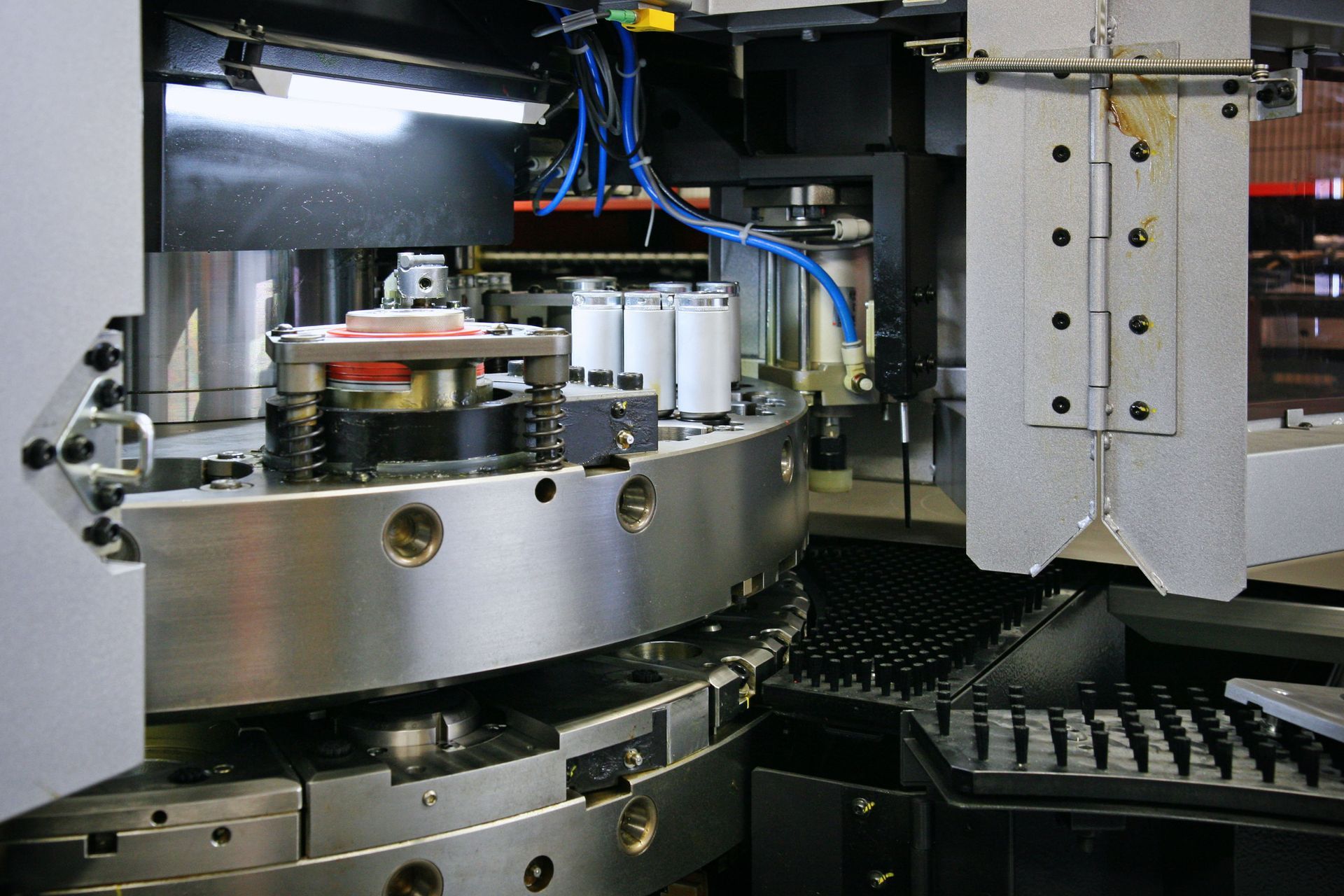Why Quality Control Matters in Contract Manufacturing Agreements
In today's competitive global market, businesses are increasingly turning to contract manufacturing as a cost-effective strategy to meet their production needs. By leveraging the expertise and resources of Contract Manufacturing Organizations (CMOs), companies can focus on their core competencies while accessing top-tier manufacturing capabilities. However, the success of these collaborations hinges on one pivotal factor: quality control. Ensuring stringent quality control measures in contract manufacturing agreements is not merely an option but a necessity, promising both risk mitigation and sustained growth. As global supply chains continue to expand, integrating strong quality practices becomes even more essential for long-term success.
Significance of Quality Control
Quality control is the backbone of any manufacturing process, ensuring that products meet specific standards before reaching the market. In contract manufacturing, where production is outsourced, maintaining quality control can be both challenging and crucial. Without proper oversight, there is a risk of discrepancies in product quality, leading to costly recalls and damage to brand reputation. When companies implement detailed quality control measures in their agreements, they ensure that all products comply with expected standards and regulatory requirements. This level of oversight also reinforces a company’s credibility and reassures consumers that the products they purchase meet consistent performance and safety expectations.
Importance of Mitigating Risks Through Quality Assurance
One of the primary reasons quality control is essential in contract manufacturing agreements is risk mitigation. Outsourcing production processes inherently comes with significant risks, from mismanagement of resources to variations in product standards. By formalizing quality control protocols, both parties can minimize these risks through clear expectations and responsibilities. This approach protects everyone involved and fosters a mutual understanding of quality benchmarks. With strong quality assurance practices in place, potential issues are identified early and resolved before escalating into larger problems. This not only saves time and money but also preserves the integrity of the supply chain.
Importance of Consistency Across Global Operations
By enforcing stringent quality control, businesses ensure that their products maintain uniformity and meet global compliance requirements, regardless of where they are manufactured. As the contract manufacturing organization market expands globally, expected to grow at a CAGR of 5.73% from 2025 to 2035 according to Market Research Future, consistency in quality becomes even more critical. Companies partnering with CMOs across different regions face unique challenges due to varying industry standards and regulations. This consistency builds trust with consumers and helps sustain a strong international market presence. Uniform quality also allows companies to scale efficiently without compromising product integrity.
Significance of Building Stronger Partnerships
Effective quality control measures help build stronger partnerships between companies and their contract manufacturers. When both sides collaborate closely on quality standards, it fosters an environment of transparency and trust. Manufacturers become more committed to producing high-quality products when they understand the exact specifications and expectations. This shared understanding encourages open communication and greater accountability. Companies also benefit more from the innovations and efficiencies offered by their manufacturing partners when quality assurance is prioritized. Strong partnerships built on quality control ultimately lead to smoother operations, improved performance, and long-term collaboration.
Importance of Cost Efficiency and Long-Term Savings
Another essential benefit of incorporating quality control in contract manufacturing agreements is cost efficiency. While initial investments in quality assurance may seem substantial, they are vastly outweighed by long-term savings. High-quality production reduces waste, minimizes rework, and lowers the likelihood of costly product recalls. Businesses also avoid legal issues stemming from non-compliance with safety and regulatory standards, protecting themselves from financial setbacks and reputational harm. Over time, consistent quality leads to better resource management, improved production planning, and more predictable outcomes. These advantages strengthen a company’s position in the marketplace and contribute to sustained financial stability.
Quality control remains a cornerstone of successful contract manufacturing agreements. The integration of comprehensive quality control measures not only mitigates risks and ensures product consistency but also strengthens partnerships and delivers meaningful cost savings. As the contract manufacturing sector continues to grow worldwide, businesses must prioritize quality assurance in their collaborations with CMOs to maintain a competitive edge. Ultimately, investing in quality control is an investment in the company's future, safeguarding its reputation, customer trust, and long-term financial health. Are you looking for more information? Contact Ray-Mac, Inc. today to learn more about contract manufacturing.





Share On: